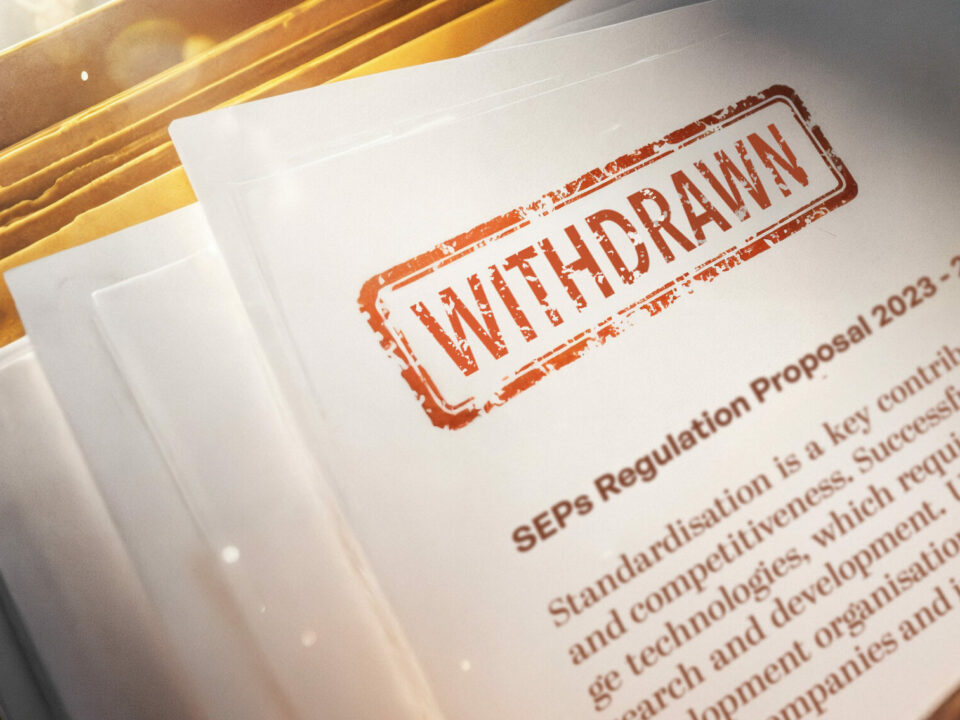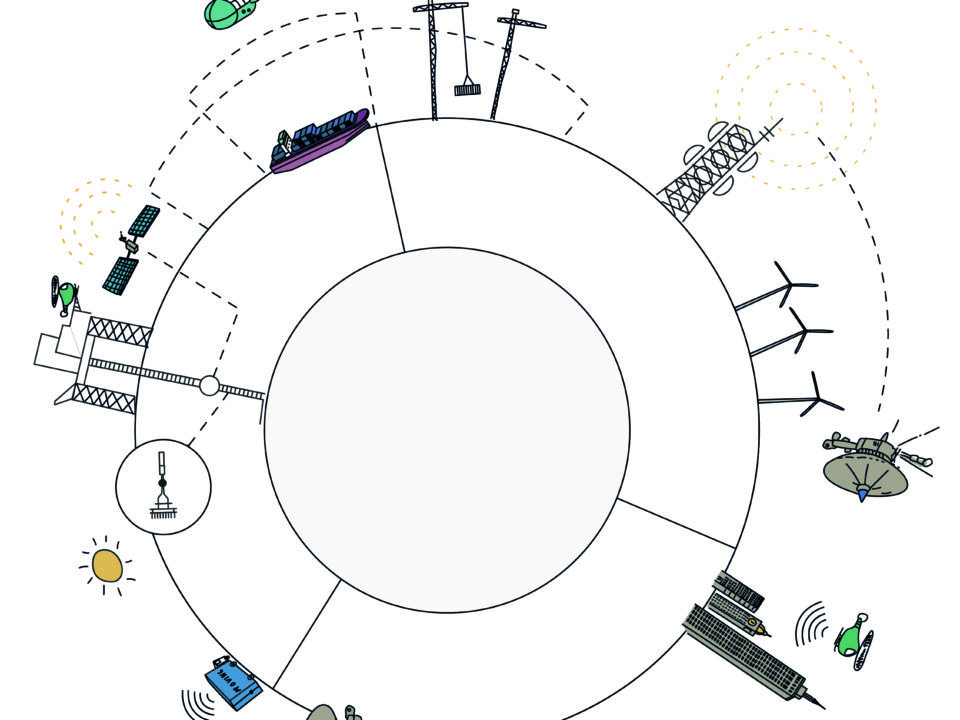Does the non-discrimination aspect of FRAND require licences to all levels of a supply chain?
The Fair Standards Alliance (FSA) is an organisation that represents users, or ‘implementers’, of standardised technology. The FSA advocates the position that the non-discriminatory prong of the FRAND commitment requires a SEP-holder to offer licences to actors at all levels of a supply chain. In its own words:
The Alliance believes that SEP holders breach their FRAND commitment when they refuse to license implementers simply because of their position in the product supply chain. Such refusals violate the basic commitment to license on a non-discriminatory basis. (FSA-Position Paper – June 2016)
This post will refute the assertion that the non-discriminatory (ND) prong of FRAND requires that licences be offered to all levels of the supply chain.
A future post will explore why a ‘licence-to-all’ scheme is completely unworkable. For now, we note only that, first, this interpretation finds no support in the existing jurisprudence, second, this approach does not work in the real economy. We also note that the application of a licence-to-all scheme would undermine innovation in standardised mobile technology, setting back European technological sovereignty and strategic autonomy.
In the context of FRAND, courts have found that ‘non-discrimination’ means that similarly situated licensees must be offered similar licence terms. This does not require the SEP holder to license its portfolio for identical terms to all licensees. Even when licensees are similarly situated, there might be valid justification for executing a licence specifying different terms.
To date, no court has entertained the notion that the ND prong of FRAND could mandate a licence-to-all approach. When evaluating whether the offered licence terms were discriminatory, courts have always compared the licence terms offered to licensees that operate at the same level of the value chain (such as smartphone manufacturers). Suppliers at different levels of a supply chain are, by definition, not similarly situated. Hence the ND aspect of FRAND does not apply with respect to them.
Even from a policy perspective, it would make little sense to require an SEP holder to offer a licence to companies that operate at a different level of the value chain. To the extent that the concern is a distortion of competition, licensing at the single level of the value chain cannot have any negative effect on competition. Component manufacturers and end product manufacturers typically do not event compete in the same market, so there is no risk that the offered licence terms could somehow undermine their ability to compete with their rivals.
Unfortunately, the perspective of groups such as FSA appears to have gained some traction with Japan’s Ministry of Economy, Trade and Industry (METI). On the plus side, it has traction with few others.
In April of 2020, METI issued its Guide to Fair Value Calculation of Standard Essential Patents for Multi-Component Products. The outcome of that process unduly reflected the position of certain implementers who were able to exercise influence in the relevant Study Group. As such, it endorsed the licence-to-all approach, citing the ND aspect of FRAND:
…because SEPs are required to be ‘non-discriminatory’ as a FRAND condition, they should not treat the potential implementers discriminately based on their transaction stages.
This METI report did not cite any authority for this assertion. In the future, we encourage METI to develop future guides with input from all relevant stakeholders. A good model would be the process that the JPO used to develop its 2018 SEP Licence Guide.



